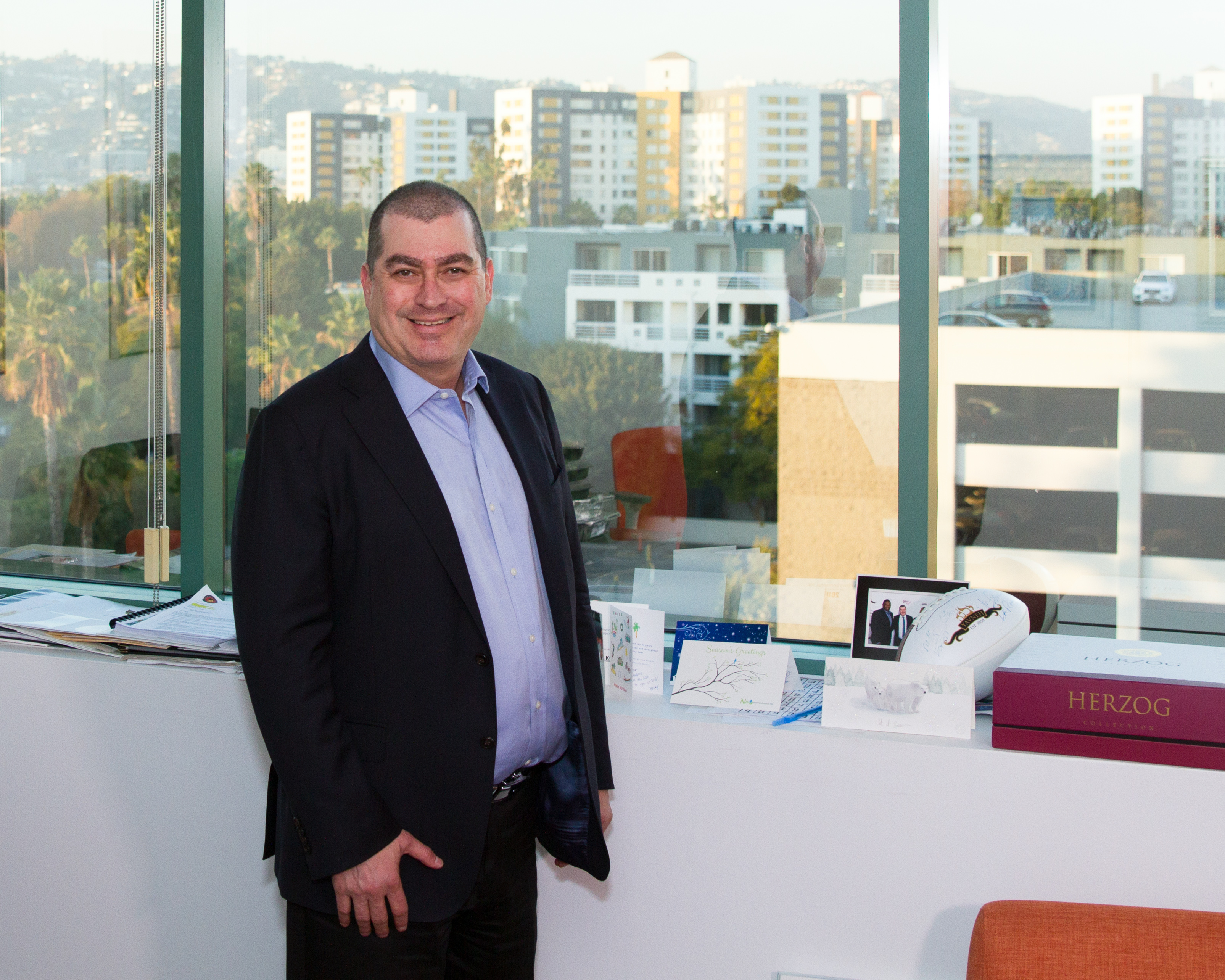
Ilan Kenig, 57, lives in Hancock Park, where he is a board member of Congregation Shaarei Tefila. Two of his six children go to Yavneh Hebrew Academy. He’s involved with many other organizations dedicated to promoting Israel, including the Israeli American Council (IAC), StandWithUs and the Donor Forum, which supports young pro-Israel nonprofits across the country.
But his definition of community is much wider than his neighborhood: The company he founded, FMB Development, doesn’t only develop real estate, it builds communities.
“We are not just building for the sake of making the profit and leaving, but we are there to stay,” Kenig said. “Being part of the community is blended in our culture in the way we think [and] design. Even the houses and communities we design, we are designing for the people who will live there and the people who will see those houses from the street.”
With projects from Venice to West Hollywood and from Koreatown to downtown, FMB works with local civic leadership to identify a community’s needs and historical themes.
“Taking the motifs and creating an art piece into the new constructions, we are integrating past with present and future,” Kenig said.
Because Los Angeles’ housing is unaffordable for so many, Kenig and FMB also support organizations that have the vision to develop affordable housing but need help from a professional developer. FMB’s projects designate certain units for lower-income people, or sometimes provide funding against the cost of the housing, “depending on what each city needs,” Kenig said.
“Being part of the community is blended in our culture in the way we think [and] design.”
Kenig’s background might be a factor in his staunch commitment to community. He grew up in Israel, in “a family where giving to the community is a part of our culture and our day to day. Since I was a kid, I saw it in front of my eyes.”
Kenig’s father was deputy mayor of the city of Ra’anana. Over the years, his mother taught hundreds of new olim (immigrants) Hebrew and math, and also helped them “learn and blend into Israeli society and be successful,” Kenig said.
Kenig practiced law in Israel and served in the Israeli military as a lieutenant colonel, first in the Sinai Desert, then moving to the north in the first Lebanon war. Then he moved to New York, where he was an investment banker. He would have stayed in New York, but the 9/11 attacks hit him hard.
“As much as I saw in the war and participated in combat,” he said, “my office was two blocks away [from the World Trade Center]. The human mind cannot comprehend what was happening there. Bodies all over the street, people crying and the smell of the smoke.”
Arriving in L.A., he was surprised to see an “active philanthropic Israeli community that I haven’t seen elsewhere. I started realizing how much Israeli organizations are depending on funds received from the Los Angeles community.” He mentioned Haim Saban’s and Adam Milstein’s work, especially IAC, which started locally and a few months ago convened a 3,000-person national conference in Washington, D.C.
In his projects, Kenig is committed to “enhancing whatever the community needs in order to make the community better. We get to know the community and the community knows us,” he said.
Looking to the future, Kenig would like the next generation to understand that his work is an investment in the future.
“If we do what we are doing today, it will be a much better world for all of us.”







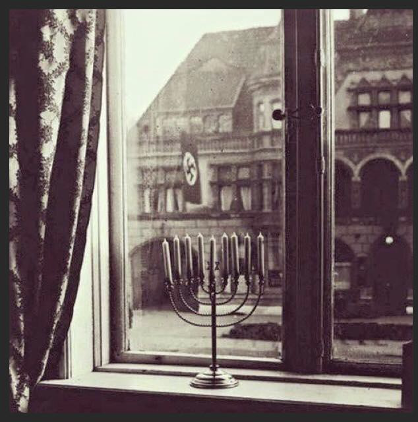
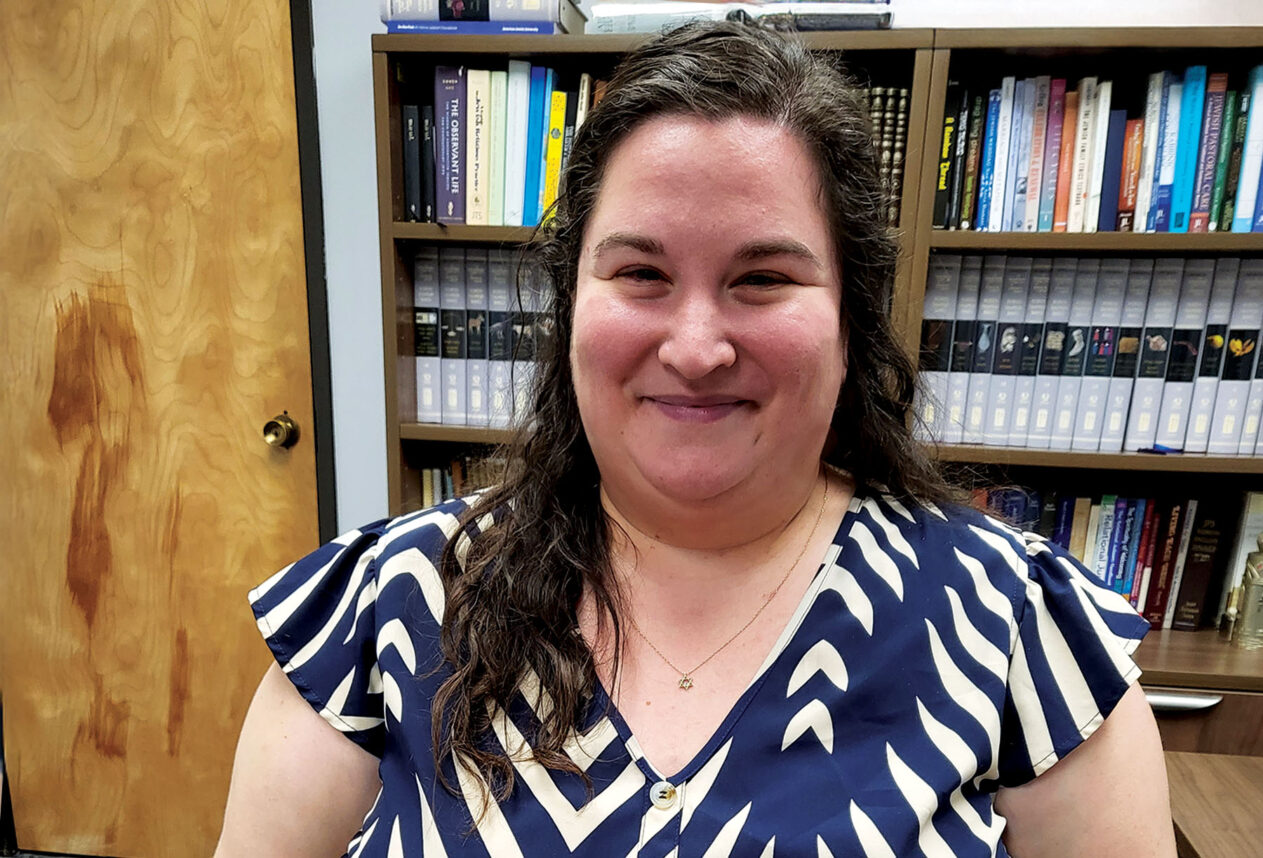
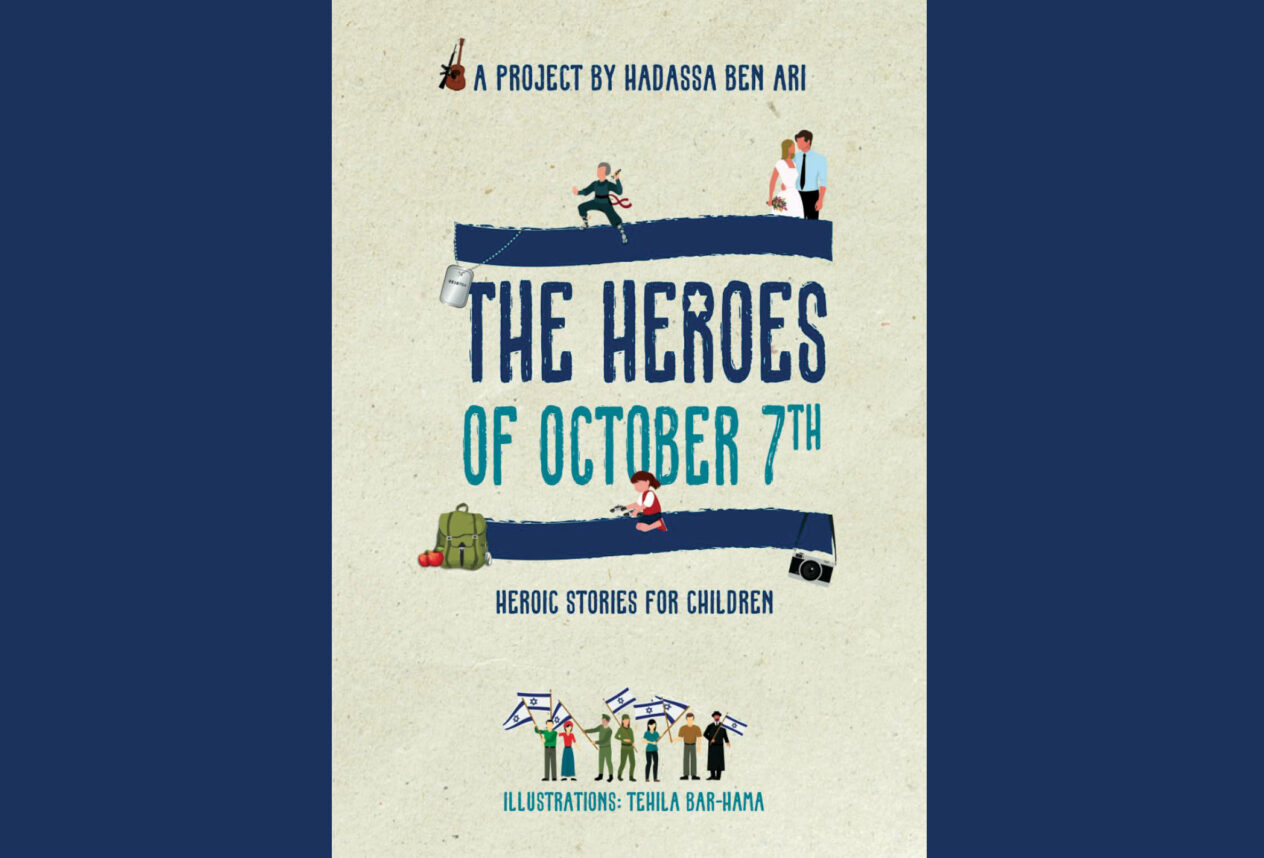

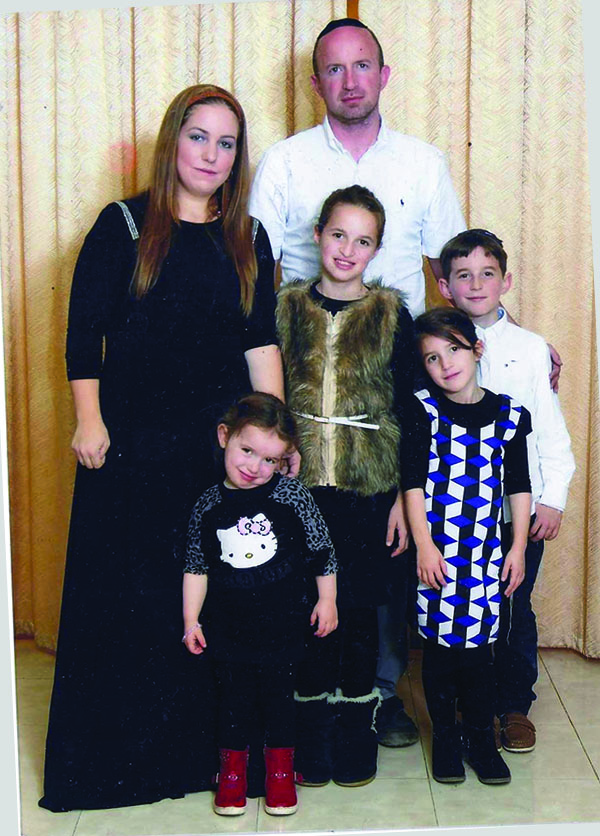
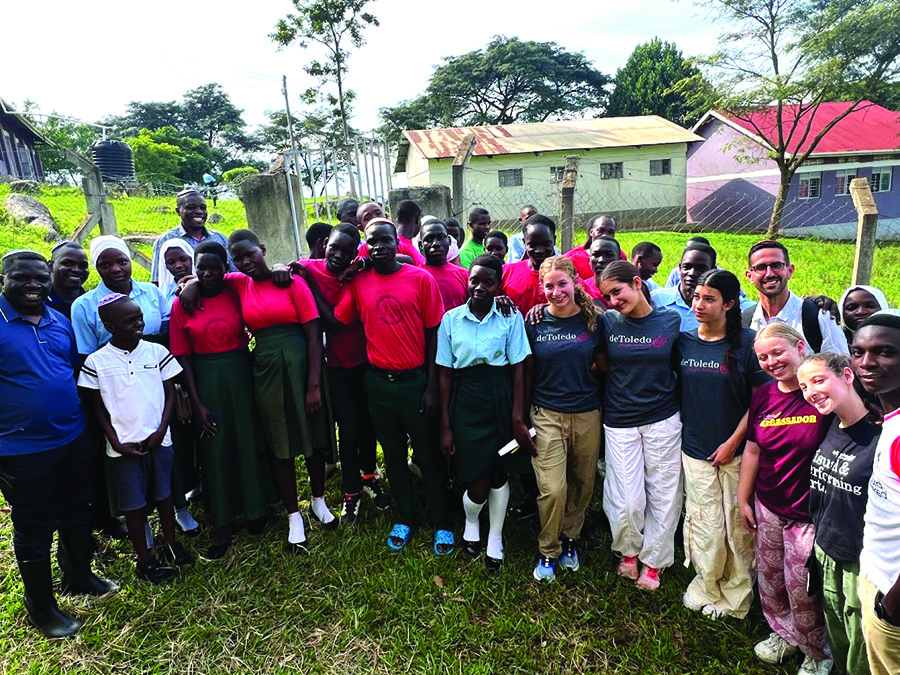

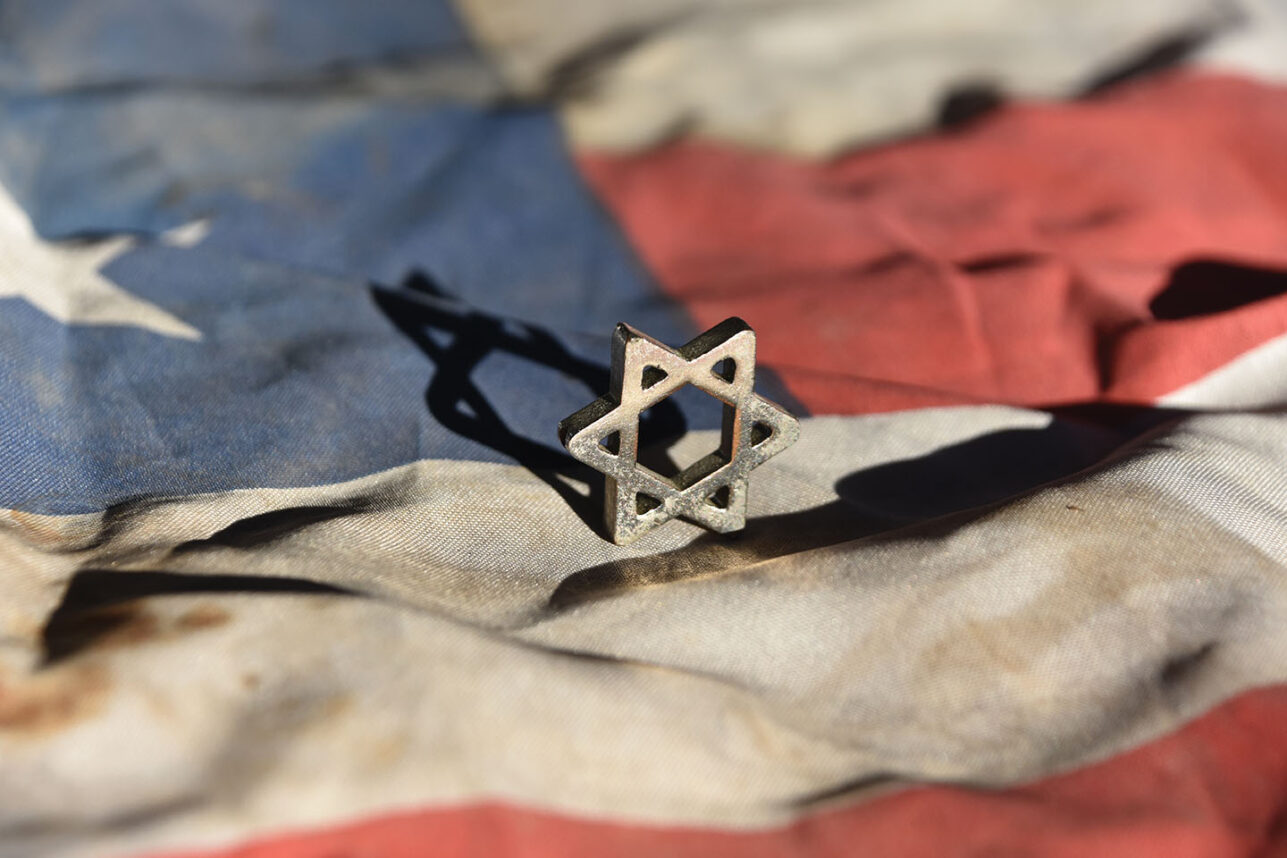
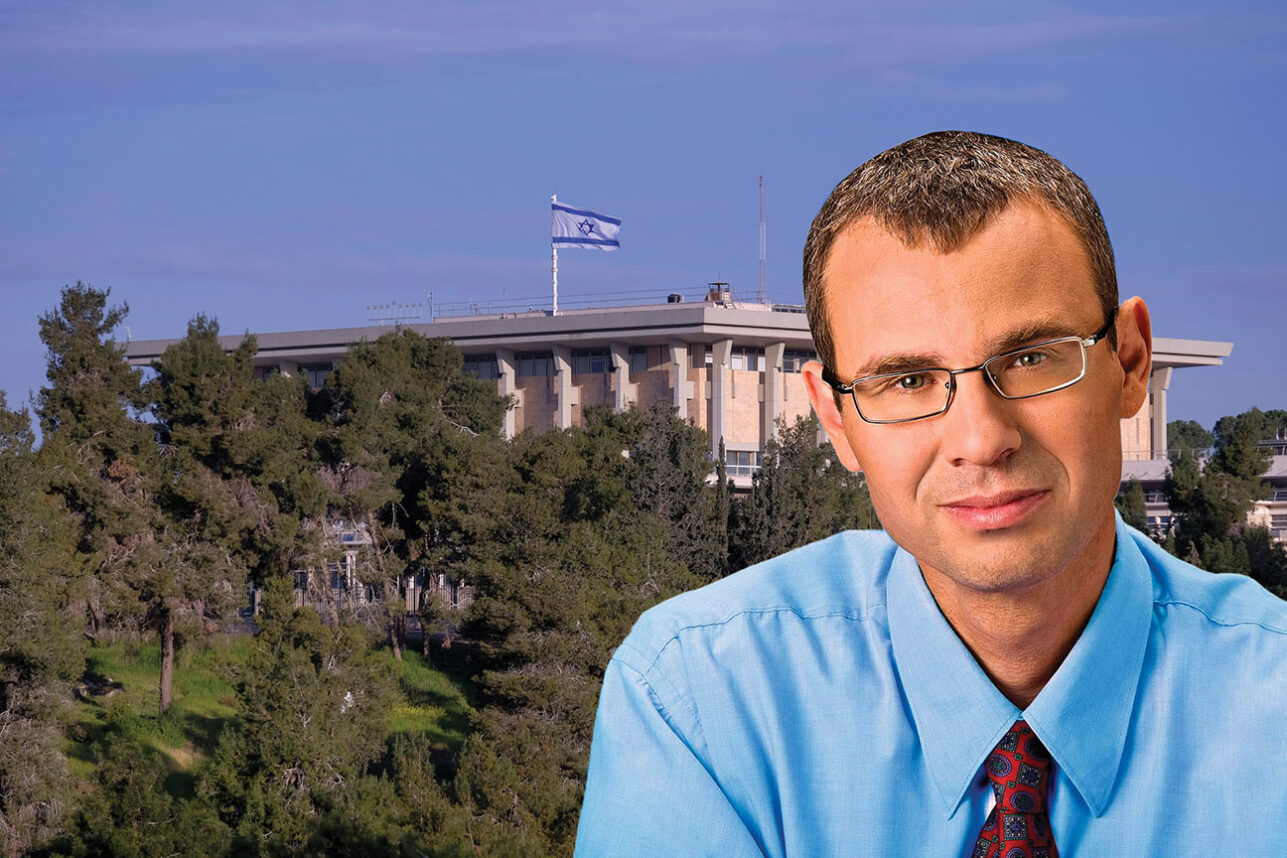

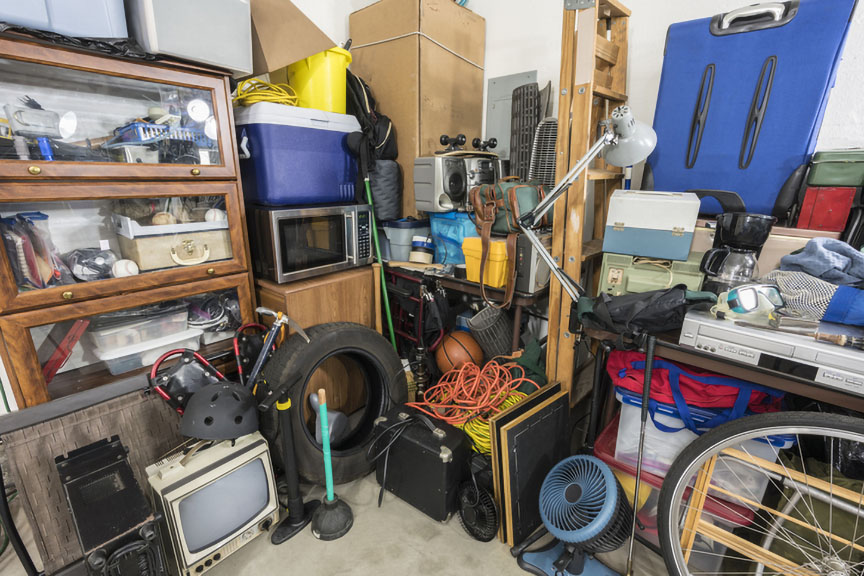





 More news and opinions than at a Shabbat dinner, right in your inbox.
More news and opinions than at a Shabbat dinner, right in your inbox.